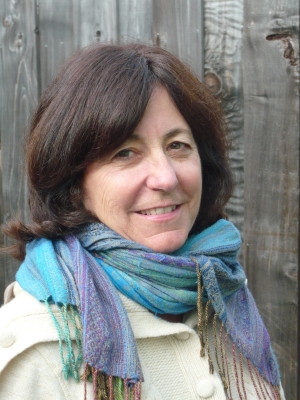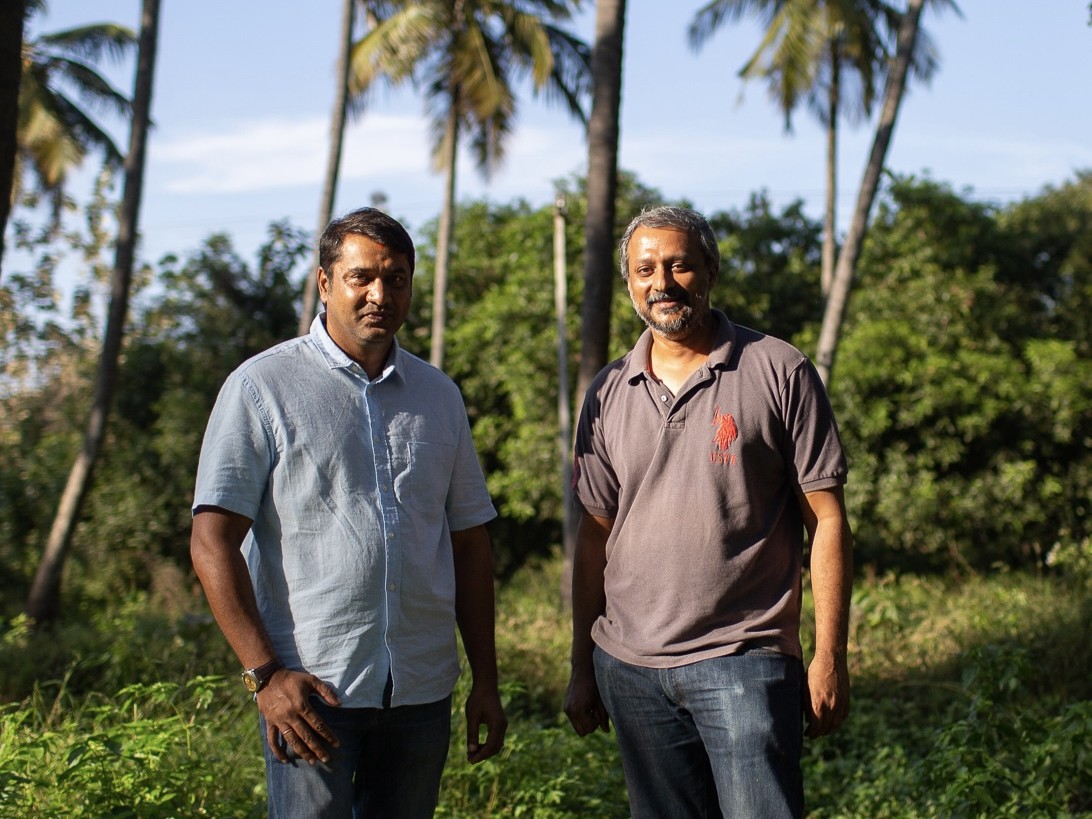What kind of education is needed for forming the minds, hearts, and hands of the next generation who will have to cope with and transform the ecological, social, and economic issues of today, issues that transcend political boundaries, cultural constructs, and economic realities?
I will start with some historical context for American education. Thomas Jefferson articulated the American ideal of education when he stated that to protect against tyranny it is necessary “to illuminate, as far as practicable, the minds of the people at large.” While the struggle since has been to expand in a truly democratic way the definition of “people at large” so as to do away with the anti-democratic legacy of classism, racism, and sexism, the purpose of education itself remains essential to a democratic state. The Constitution has no provision for education, but the Northwest Ordinance of 1787 made clear that the new government would be committed to supporting education: “Religion, morality, and knowledge being necessary to good government and the happiness of mankind, schools as the means of education shall forever be encouraged.” During the first half of the 19th Century schools grew from being subordinate to family, church, and community to being the foremost means of education under the common-school movement.
As the country moved forward, so did the schools, and they came to be seen more and more as the shaper of culture.
The causes to which education, especially public education, could be put in the United States continued to grow. Waves of immigration aroused new thinking on the purposes of education: it should provide for assimilation; it should allow each group to flourish; it should lead to replication of society as we know it; it should give rise to new ways of looking at democracy. Industrialization made its presence felt as schooling became more mechanized and a “product” was called for—trained workers. One influential approach was the reform movement known as progressive education, which dominated into the 1950s and held at its core the effort to use education to improve the lives of individuals.
The paramount voice of progressivism was that of educational philosopher John Dewey. In Democracy and Education, Dewey lays out his conception of education as essential to life. Multifaceted in its purpose, education was for him an introduction to humanity and nature, guidance in social life and mores, an avenue for individual development, and a means of building capacities for one’s future.
The echoes of Dewey still resound in the work of reformist educators like Deborah Meier, founder of the alternative Central Park Elementary School in Harlem, based in large part on involving the students in decision-making in a democratic way. For Ms. Meier, one fundamental purpose of schools is to “inspire a generation of Americans to take on our collective task of preserving and nourishing the habits of heart and mind essential for a democracy, and, as we now see, the future of the planet itself.” She insists on a fundamental change in the way people relate to each other in schools, emphasizing that student “voices are heard and taken into account.” For Meier, then, educating for a democratic people means educating democratically.

by Joan Caldarera, Ed.D.
Joan Caldarera is the director of Rudolf Steiner College—San Francisco, a teacher training center. She is also a humanities instructor at San Francisco Waldorf High School. She has taught at every level in Waldorf education from kindergarten through high school, as well as serving in the administration as both High School Chair and Head of Administration for San Francisco Waldorf School. Dr. Caldarera’s doctoral research has been published under the title, Through the Lives of the Teachers: How Waldorf Class Teachers Think about Morality, Waldorf Education, and the Arts in the 21st Century. She has also published articles on aspects of Waldorf education in numerous education journals.


